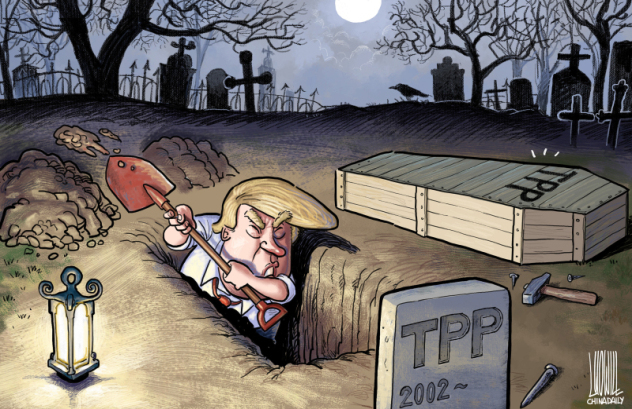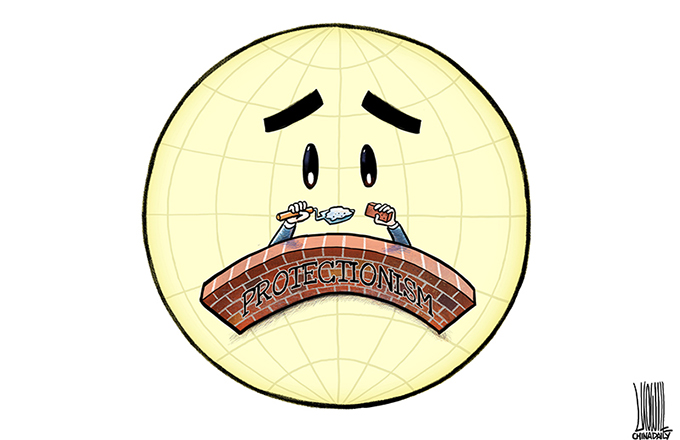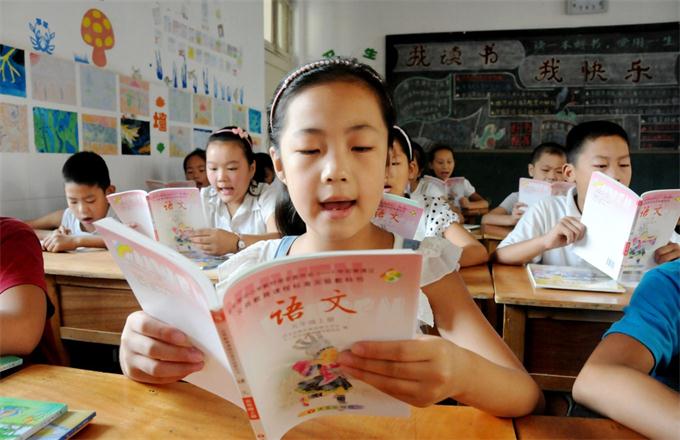Treatment first, pay later
For patients who are unable to receive treatment because of their inability to pay the required deposit prior to hospitalization, things are expected to change for the better following the health authorities' fresh efforts to improve the health service.
Public health authorities are looking to extend a "treatment first, pay later" system for both outpatients and inpatients that has been successfully piloted in some parts of the country, such as eastern Shandong province and northwestern Qinghai province.
Under the new approach, the medical expenses of outpatients will first be covered by the hospital and then settled by the patients' medical insurers, while inpatients will need to offer healthcare insurance cards or other certificates and sign a settlement agreement with the hospital before they are admitted.
Most of China's hospitals require patients to pay a deposit before they are admitted, the amount depending on the treatment they require.
The requirement for an advance deposit may keep patients from receiving timely treatment, especially in medical emergencies where time makes a life-or-death difference, the new practice should be introduced in as many medical institutions across the country as possible. It is not uncommon for patients to lose their lives because they are unable to pay the deposit.
Doing away with the requirement to pay a deposit before treatment will not incur economic losses to a hospital or any other parties, but it will simplify procedures and shorten the time before patients can gain the treatment they need.
The system, although beneficial to both patients and hospitals, has failed to be extended throughout the country due to the lack of a sound social credit system and medical insurance reimbursement system.
But in a highly developed information society, the technical problems that have been cited to hinder the popularization of the new practice, such as the lack of an auxiliary personal credit system and difficulties arising from the settlement of trans-regional medical expenses, are not insurmountable problems.
Its benefits to both patients and hospitals highlight the need for the authorities to brook no delay in addressing any technical problems preventing its widespread introduction.
(China Daily 02/20/2013 page8)




















